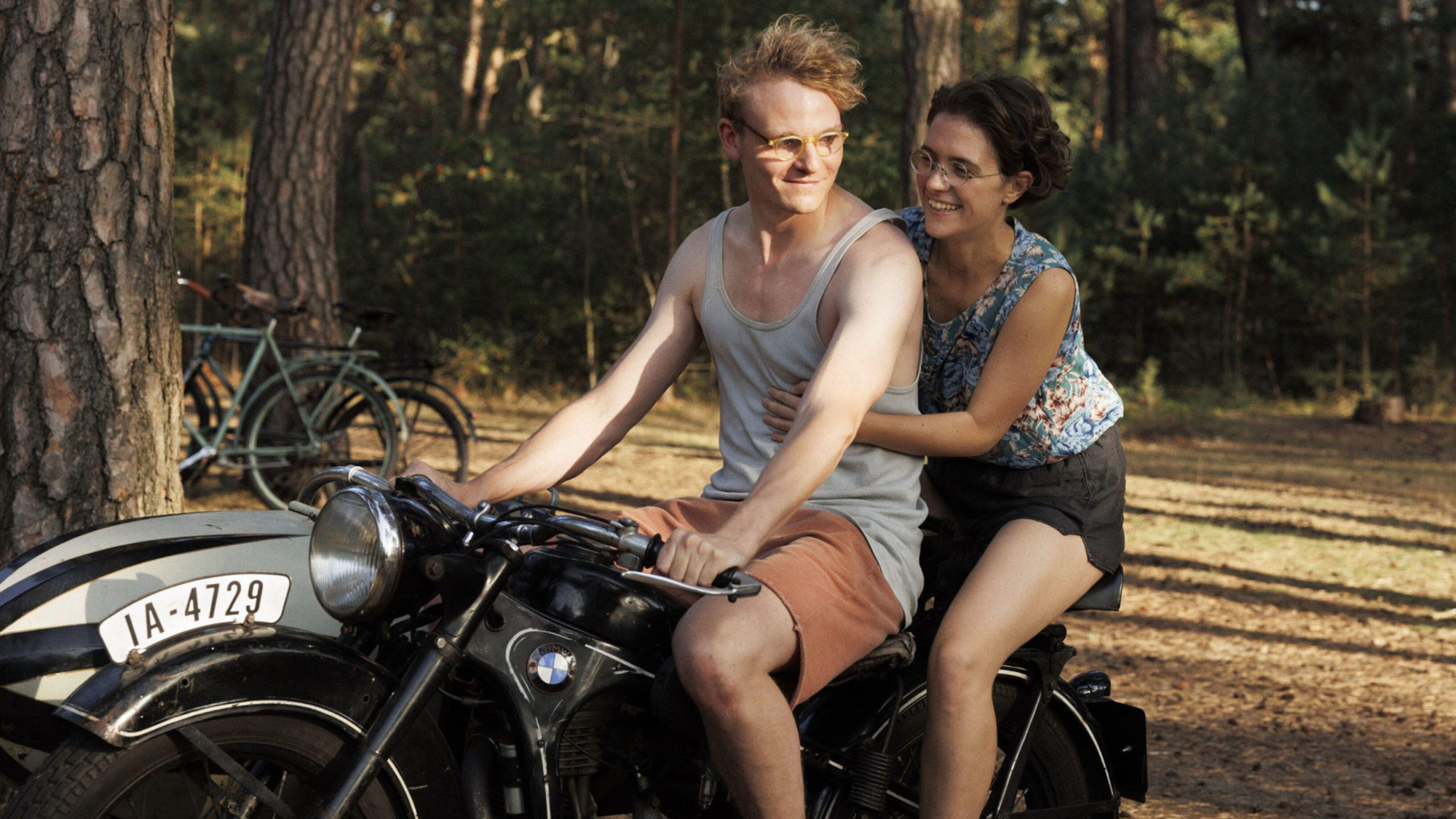From Hilde, With Love – the 'moving' story of an accidental revolutionary
Liv Lisa Fries gives a 'compelling' performance as the soft-spoken heroine

A free daily email with the biggest news stories of the day – and the best features from TheWeek.com
You are now subscribed
Your newsletter sign-up was successful
The story of German resistance to the Nazis has often been told, in books, documentaries and films, but rarely as "freshly and movingly" as in this account of the life of Hilde Coppi, said Lee Marshall in Screen Daily. She was a dissident who was executed for subversive activities in 1943, nine months after the birth, in prison, of her first child.
Liv Lisa Fries gives a "compelling" performance as a young woman who was an accidental revolutionary, drawn into a "loose band" of free-thinking Berliners through her love for her future husband, communist activist Hans Coppi (Johannes Hegemann), who was also executed.
In non-linear flashback, we see the high-spirited days of their courtship, set against much darker times. The film builds to a moving climax not by emphasising the injustice of Hilde's fate, but by celebrating life's small joys and the thrill of a common cause.
The Week
Escape your echo chamber. Get the facts behind the news, plus analysis from multiple perspectives.

Sign up for The Week's Free Newsletters
From our morning news briefing to a weekly Good News Newsletter, get the best of The Week delivered directly to your inbox.
From our morning news briefing to a weekly Good News Newsletter, get the best of The Week delivered directly to your inbox.
The Nazi authorities called the group the Red Orchestra, said Catherine Bray in Variety, but its members are presented not as heroic left-wing revolutionaries of the kind that would later be celebrated in East Germany: they are simply a group of attractive young people who had a conscience. Most seem as interested in their own love lives as they are in activism. Ultimately, their acts of resistance – painting slogans, distributing leaflets – were futile. But the film celebrates their courage, and suggests that a legacy "can lie in the attempt, rather than the outcome".
Hilde is not the kind of feisty heroine that popular cinema loves, said Leslie Felperin in The Hollywood Reporter: she's soft-spoken and reserved throughout. The film seems to share her quiet voice, as it insists on the need for ordinary people to stand up to tyrannical regimes, even if only in small ways.
A free daily email with the biggest news stories of the day – and the best features from TheWeek.com